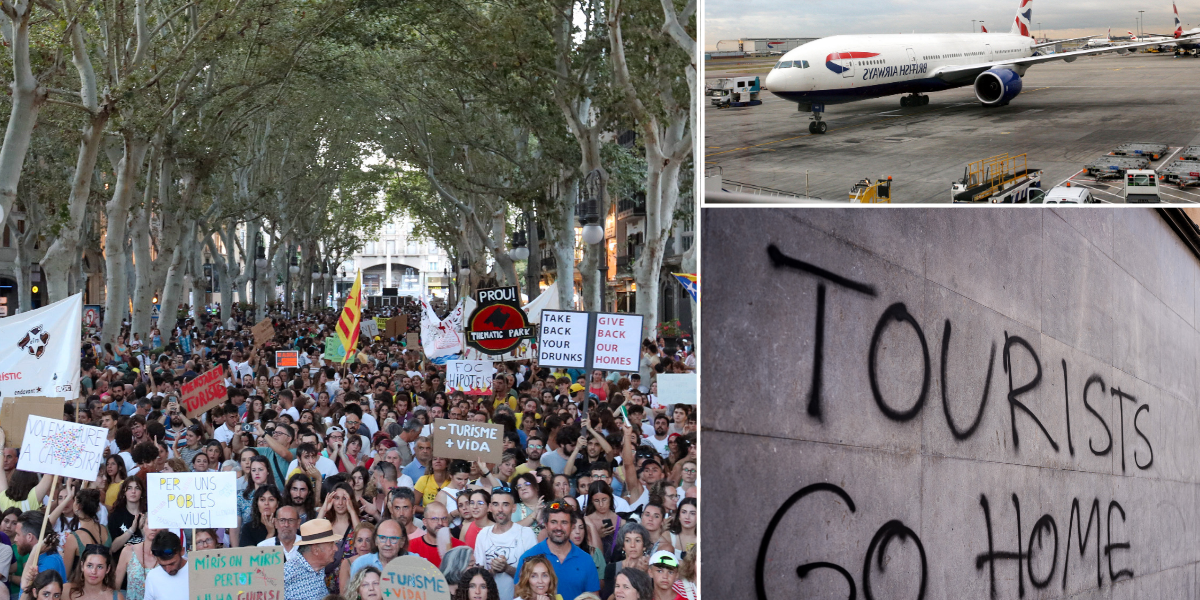Bolivia grapples with a severe fuel shortage, causing long queues at gas stations nationwide. The crisis stems from recent road blockades and deep-rooted economic issues.
Protests by supporters of former President Evo Morales have disrupted fuel distribution, stranding many tankers. However, the problem’s roots run deeper than recent events.
Bolivia’s energy sector has struggled for years. Once a major gas exporter, the country now imports most of its fuel. This shift reflects declining domestic production and lack of investment in exploration.
The 2006 nationalization of the hydrocarbon industry discouraged foreign investment. This led to depleting gas reserves without new discoveries to replace them.
President Luis Arce, former Economy Minister under Morales, faces criticism for not addressing the flawed economic model earlier.
 Bolivia’s Fuel Crisis: A Perfect Storm of Mismanagement and Economic Woes. (Photo Internet reproduction)
Bolivia’s Fuel Crisis: A Perfect Storm of Mismanagement and Economic Woes. (Photo Internet reproduction)The shortage has hit agriculture, mining, and transportation hard. Some mining cooperatives may shut down due to fuel scarcity.
In Santa Cruz, Bolivia’s most prosperous region, daily gasoline supply dropped from 35,000 to 10,000 liters. Many gas stations struggle to meet demand.
The crisis threatens to impact food prices and overall cost of living. Farmers find it difficult to operate machinery and transport goods.
Government officials blame recent blockades, claiming over 1,100 fuel tankers are stranded. Critics argue the problem is more systemic.
Bolivia’s Fuel Crisis: A Perfect Storm of Mismanagement and Economic Woes
Some gas stations have started rationing fuel, limiting sales to 100 bolivianos (about 26 liters) per person.
The government assures supply will normalize soon as roads clear. Many remain skeptical, noting shortages even in areas near production or import routes.
Bolivia’s Economic Dream Crumbles: The Perils of Unsustainable Policies
Experts suggest the crisis stems from a lack of foreign currency, making fuel imports difficult. Some propose opening fuel imports and sales to the private sector.
The situation raises questions about Bolivia’s economic model. Neighboring countries view it as a cautionary tale against prioritizing state control over market efficiency.
Bolivians adapt by waking early to queue for fuel or hiring drivers to wait in line. The crisis continues with no clear resolution in sight.

 By The Rio Times | Created at 2024-11-07 10:18:38 | Updated at 2024-11-07 13:16:36
3 hours ago
By The Rio Times | Created at 2024-11-07 10:18:38 | Updated at 2024-11-07 13:16:36
3 hours ago








